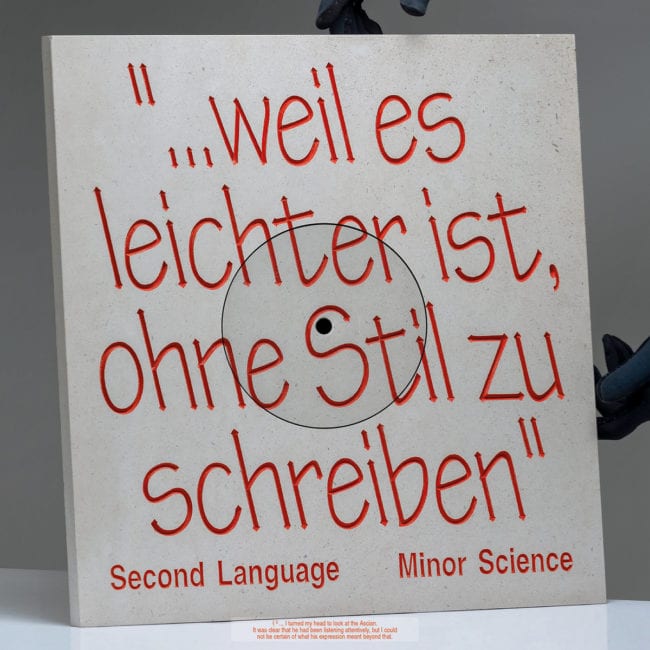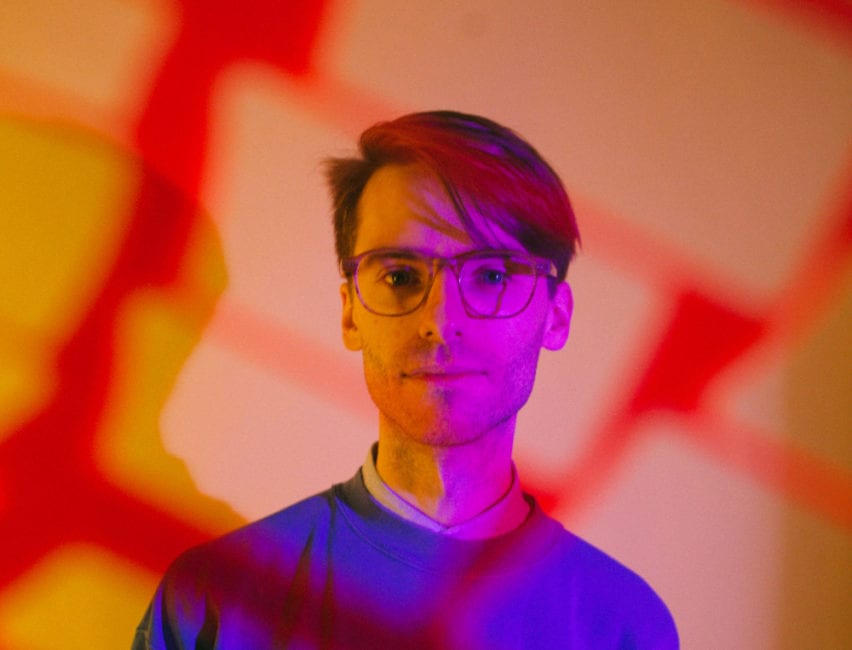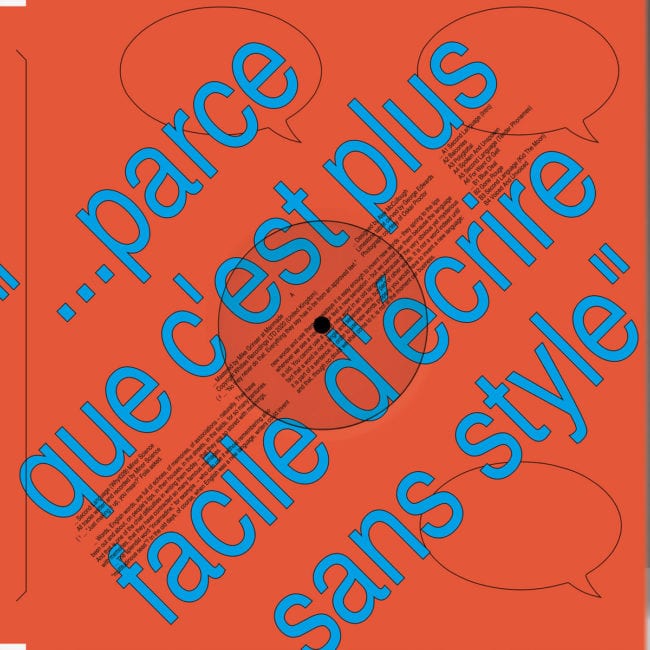Minor Science, aka Angus Finlayson, operates a balancing act. Working as a music critic, including being an OG contributor for Inverted Audio and long-standing writer for Resident Advisor up until 2018, he has also spent the good part of 8 years releasing a string of high-tech material under Minor Science. The barrage between critiquing and creating is not the easiest to overcome, but Finlayson seems to smooth over any issues with an infectiously cool head.
Informed experimentalism comes through with every release, through a string of impressive early productions on The Trilogy Tapes and Whities, beginning from a distinctly leftfield house sound, what arises from through his discography is a meticulous style entirely unique to him. Most notably, his 2017 release “Volumes/Another Moon” was met with admiration at his keenly perceptive programming paired with a glossy futurism.
With listening being a part of his day-to-day job for many years, it makes sense that Finlayson has naturally sought the shrouded truths between the lines, specifically the enigmas of translation, and the power of the human voice as an object to warp. His long-awaited debut album can be seen as the product of Finalyson’s transition into full-time DJ and producer, and an ode to the fact that the critiquing ear seems to have paid off in its cleverly succinct exploration of broad linguistic concepts into momentous, and often playful music.
The revealing titles, most significantly ‘Spoken and Unspoken’ and ‘Voiced and Unvoiced‘ neatly tie these concepts up. A fascination with what lies between the lines paired with the loss or gain in translation is the arousing subject, which he explores through sound crafting multi-laden sounds into an absorbing landscape. ‘Second Language’ drifts through nimbly crafted dance music, which in its own fidgety genius doesn’t settle in one place for long.
We caught up with Minor Science to delve deeper into the concepts and themes behind his absorbing debut and beyond, as well as his ruminations on the unfolding global pandemic.
Interview by Esme Bennett
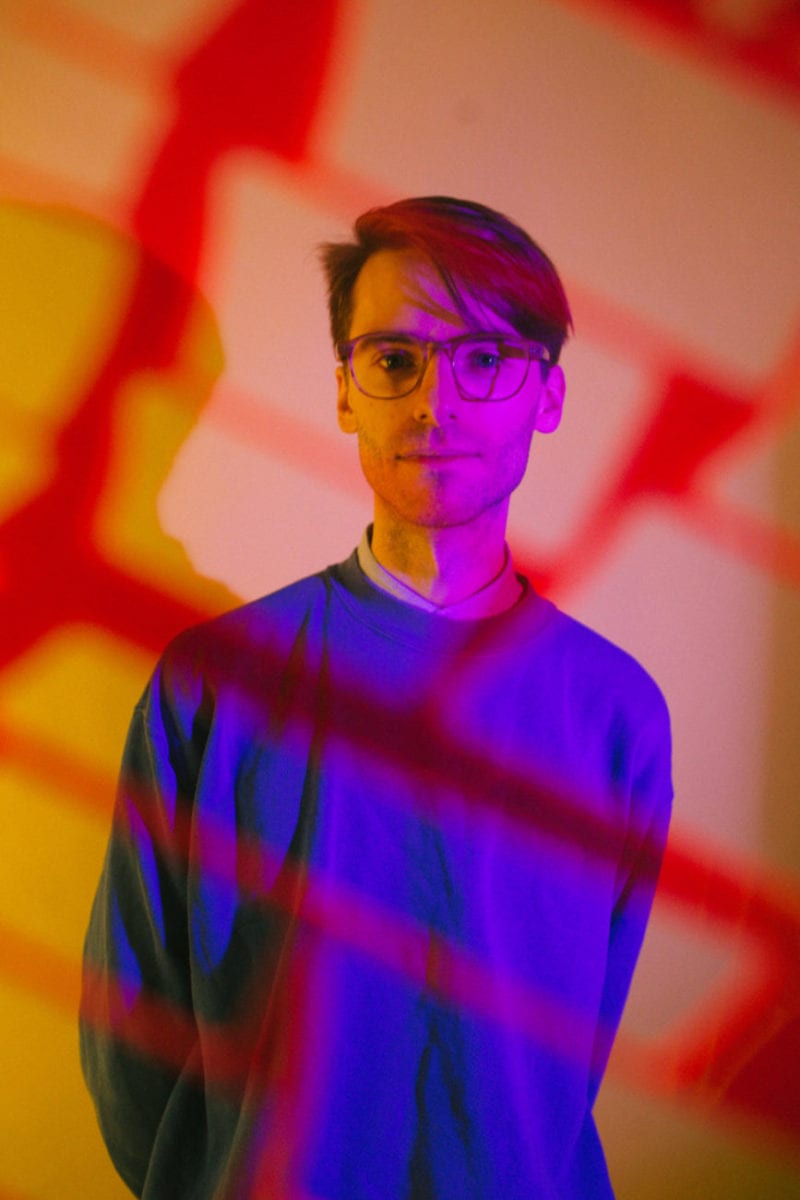
"It took years of frustration, angst and periodic writer’s block before I started to learn some things about my creativity and what it will or won’t do"
Hi Angus, thanks for taking the time to answer these questions – first up how’s life in isolation going?
OK thanks. I think I’m having a similar experience to many people: relatively sedate on the micro level (lots of cooking and sleep), quite stressful and scary on the macro level (as an unprecedented & devastating global event unfolds moment by moment).
How are you spending your days?
Very luckily for me, as all my DJ gigs vanished in a puff of smoke, a couple of other work offers popped up which will hopefully stabilise my finances for the time being. This puts me in an incredibly privileged position compared to my many friends and colleagues who are facing job loss or massive lost income, often with inadequate (or no) support from their respective governments. It also means that I’m actually pretty busy so haven’t been doing much extra watching/listening/reading.
Putting on my killjoy hat for a sec, I think the immediate rush to fill our newfound time with meaningful cultural pursuits, bread-baking, language-learning etc. etc. is evidence of how thoroughly capitalism has broken us.
These things may be leisure activities (and they’re doubtless nice to do – no shade to my break-baking friends) but we approach them like work, viewing them as a means to progress as humans, develop our skillset, acquire cultural and social capital. That guilt we all feel for not using our leisure time ‘productively’ is a disorder. Which is not to say I don’t feel it too, cos I do, very much!
Can you pin down a few key influences from your early days as an electronic music producer that continue to inspire you to this day?
I guess there were two sonic experiences which rearranged my DNA in London circa 2008-2010. One was the experience of a proper dubstep-tuned sound system, where the subbass is so loud and present it feels like there’s an extra person in the room with you. The other was the mid-hi frequency rush of breakcore – usually some random act over from the US, in the small room at Bang Face – which is almost the opposite kind of thrill but was no less profound for me. Both experiences shaped my understanding of dance music.
How long have you been working on this album. Did you set out to make an album or has this been an on-going project for some time?
I started working on the album in November 2018 and finished it in December 2019. Some of the tracks are based on sketches from before though, and I’d had the intention to make an album, and some initial ideas, since the start of 2018. Before then, I thought an album was beyond my resources (in terms of time, energy, and mental space). Then it began to look feasible to leave my part-time journalism job and live off DJ gigs (I left the job in summer 2018). This change in practical circumstances gave me the impetus to have a go at a longer release.
How has the album evolved from the original concept you had, to what you have delivered?
The original concept I had was about voices, and the one I ended up with was about language and translation. So it evolved quite far, but also not that far. Concept was only part of the story though. These ideas gave me some starting points, and helped decision-making later on in the process, but they didn’t really dictate how the music should sound. I really had no idea about that – about what kind of music I would or could make, given the space of an album – until near the end of the process. And I think I my music evolved a lot in the process of reaching that place.
The album makes heavy use of vocal inflexions, as your music often has – what draws you to experimenting with voice?
Thinking about it now, I’m pretty sure I started using these little clipped vocal samples for practical reasons. They’re short enough to have a percussive feel, and so can provide groove and momentum, without having much by way of sharp, impactful transient content which might conflict with the ‘proper’ drums. They also don’t tend to have harmonic content (I prefer speaking voices to singing ones), so don’t compete for space with chords or melodies. So you can squeeze them into an already-quite-full arrangement without them crowding out these other musical elements.
From there I started to notice this power that they have. The wordless or unintelligible samples that I often use have an emotional content which can heighten or shift the feel of a track, without dictating meaning through lyrics.
With the album and with ‘Absent Friends Vol.2‘, the mixtape I made a couple of years back, I started playing with other uses of the voice: longer spoken monologues, processed singing voices played like instruments, etc. The human voice in general has this immense power for us, and as sound sources go it’s uniquely associated with humanity, personality, expression, truth. So there are endless interesting ways it can be used.
Do you often set specific parameters for yourself when producing?
It took years of frustration, angst and periodic writer’s block before I started to learn some things about my creativity and what it will or won’t do. One of the things it won’t do is be channelled in any particular direction for very long – particularly if that direction is the shortest route to a desired ‘real-world’ outcome, like, say, a completed release. The thing that most inspires me is often the thing with the least discernible usefulness in a given moment.
I used to kick against this and try to force myself to work on the music I ‘should’, but this always ended badly. Now I just let it happen and trust that whatever I’m channelling – intuition? My subconscious? The cosmos? – knows better than I do what music ought to be made right now. So no, no parameters!
One can view the concept of the album as your two worlds as a music journalist and a producer colliding – has that correlation been something you’ve wanted to explore for a long time?
This was partly what interested me about the ideas which went into the album. To be honest, until a couple of years ago I’d been trying to keep the two things separate. Both on the ’public-facing’ side – I always felt uncomfortable about my journalism being associated with my music or vice versa – and on a personal, creative level (making music and writing about it seem to use different parts of my brain, and I struggle to switch between the two.) Trying to find ideas which cut across these two activities, and which might explain how they connect in my life – that’s a more recent concern.
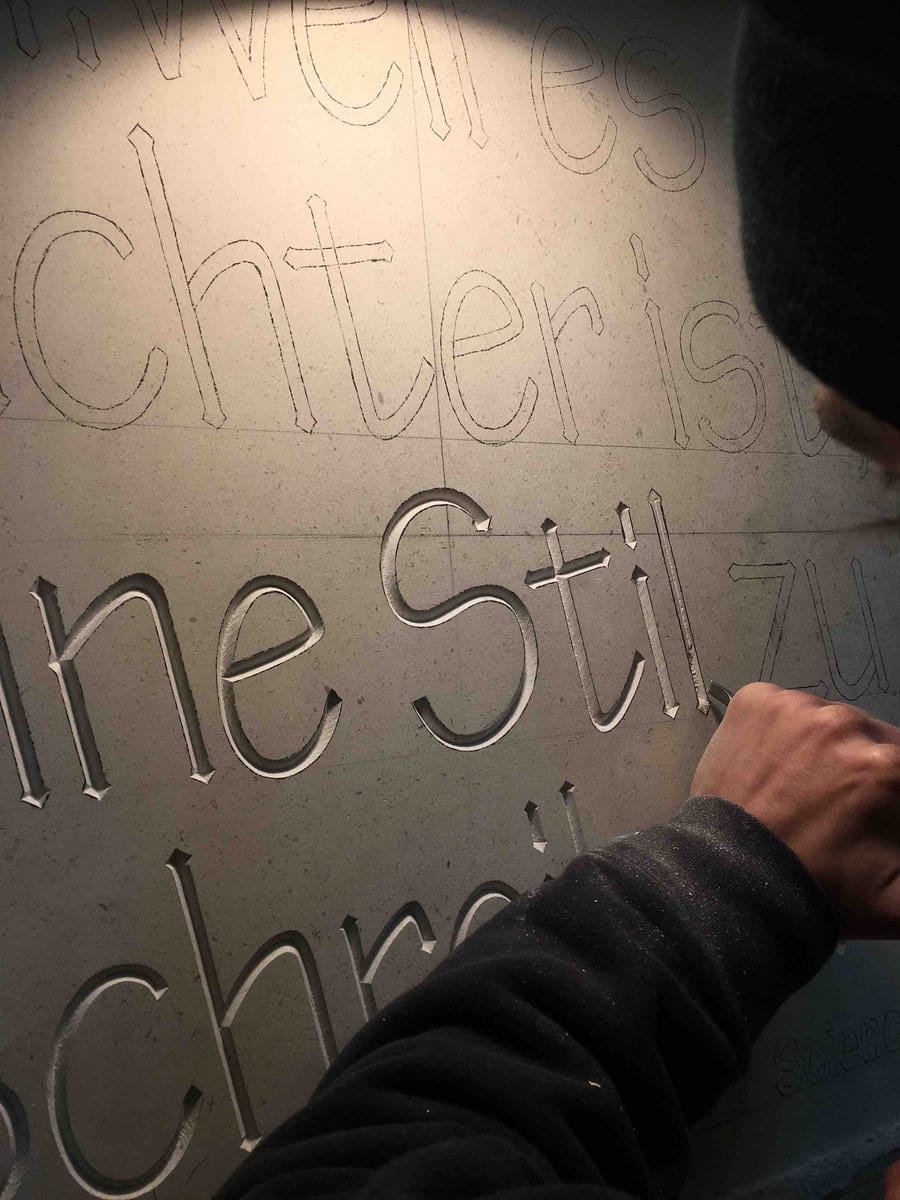
"I feel lucky to have started working with Whities early on in the label’s life. There weren’t really any preconceptions or expectations about the label back then, so I didn’t feel nudged in one direction or another."
In terms of studio setup what instruments (digital or analogue) did you use and did you pick up any novel production techniques during the process?
I’m basically a technophobe and have previously tended to learn the bare minimum equipment-wise in order to get tracks finished. Once I started doing music full-time, this reluctance to engage with the nuts and bolts lifted somehow. I guess the thinking was, ‘I’m a professional now so I should act like one’. And it turns out that a closer engagement with the tools you use can be really inspiring.
So in the course of making the album I learned loads, particularly about how to use Ableton Live quickly and effectively, and how to consistently get certain sonic results (especially with drums).
In terms of equipment, the Waldorf Blofeld was very important. The album is basically an extended Blofeld demonstration – all these lush shiny wavetable leads and pads. I’ve had to put it back in its box for a while now. Otherwise I barely used outboard gear. Errorsmith very kindly gave me a copy of his Razor soft synth, which I used a lot for low-end. And the Soundtoys plugins, especially EchoBoy Jr, pop up all over the place.
Tell us about the album artwork “Weil es leichter ist ohne stil zu schreiben” – roughly translated as – “because it’s easier to write without style.”
This is what Samuel Beckett said when asked why he’d switched from writing in English to writing in French. (He said it in French though, not German – the original quote is on the back of the sleeve). The lure of a second language, and the idea that it might free us from boring habits and/or open up new creative avenues, was a big part of my thinking around the album, so I was looking into Beckett cos I knew he’d switched languages. I had no idea that ‘Waiting For Godot‘ (his most famous play) is actually a translation of his French play, ‘En attendant Godot‘. Looking at Wikipedia now, I see that some poll voted it ‘the most significant English language play of the 20th century’… and it’s a translation!
The quote was one of a few bits of text, which I sent to Whities’ in-house designer, Alex McCullough, when he was putting together the sleeve. He had the idea of having it chiselled into stone & painted by stonemason George Edwards.
Following releasing your first EP on TTT, you joined the ranks of Whities – how has releasing through Nic Tasker’s imprint helped push your sound and develop you as an artist?
I feel lucky to have started working with Whities early on in the label’s life. There weren’t really any preconceptions or expectations about the label back then, so I didn’t feel nudged in one direction or another. Even now, it’s a stubbornly non-uniform label (no matter how many people tell me they’ve worked out what the ‘Whities sound’ is). The albums Nic’s released so far, from Quirke, Leif and Rupert Clerveaux, are all very different from mine and from each other – and all have tons of personality. It’s an inspiring zone to work in.
The effects of Covid-19 has caused electronic music to come to a standstill, and the shock has influenced many to re-think the nature of the scene itself as well as awaken a strong sense of community. Do you think the pandemic could have a positive impact on the scene in the long-run?
I think the desire to predict the long-term outcomes of a totally unprecedented global catastrophe – especially at this early stage – is understandable but not that helpful. Nobody knows how long this thing will go on or what kind of scars (economic, social, political) it might leave – let alone what the ultimate loss of life might be.
On the broader scale, if this finally puts the full stop after neoliberalism which we’ve been waiting for since the 2008 financial crisis then that’s surely good. But it might equally lead to less stability & cooperation and more xenophobic nationalism. And even if there is some kind of positive political readjustment then, like the social democratic shift after World War II, it was made possible by a traumatic event. Could you really say that the net impact of WWII was positive because of the kinder welfare systems and so on which followed it? It’s an impossible question.
I think the same principle applies on a very much smaller and less consequential scale with regard to the dance music scene. There might be an opportunity for some positive change, but also the risk of things becoming even more dysfunctional and unfair. And even if people do manage to build something better after this, they’ll be building out of rubble: immiseration, lost jobs, shuttered clubs, bankrupt magazines, etc. Can that ever be positive, really? I guess I put my killjoy hat back on for a moment there, sorry. I do appreciate people remaining optimistic and trying to salvage what they can from this situation.
What makes you happy?
Many, many things, but most of all: music! That stuff is awesome!
What pisses you off?
DIY. As my girlfriend said yesterday, I don’t like it because I’m afraid I might be bad at it. This is the kind of insufferable person I am.
Finally any words of wisdom or warning that you’d like to leave us with?
Stay home if you can, and wash your hands.
‘Second Language’ is out now on Whities. Order a copy from Bandcamp.
Photography by Cecilia Corsano-Leopizzi
TRACKLIST
1. Second Language (Intro)
2. Balconies
3. Polyglottal
4. Spoken And Unspoken
5. Second Language (Tender Phonemes)
6. For Want Of Gelt
7. Blue Deal
8. Gone Rouge
9. Second Language (Kid The Moon)
10. Voiced And Unvoiced
